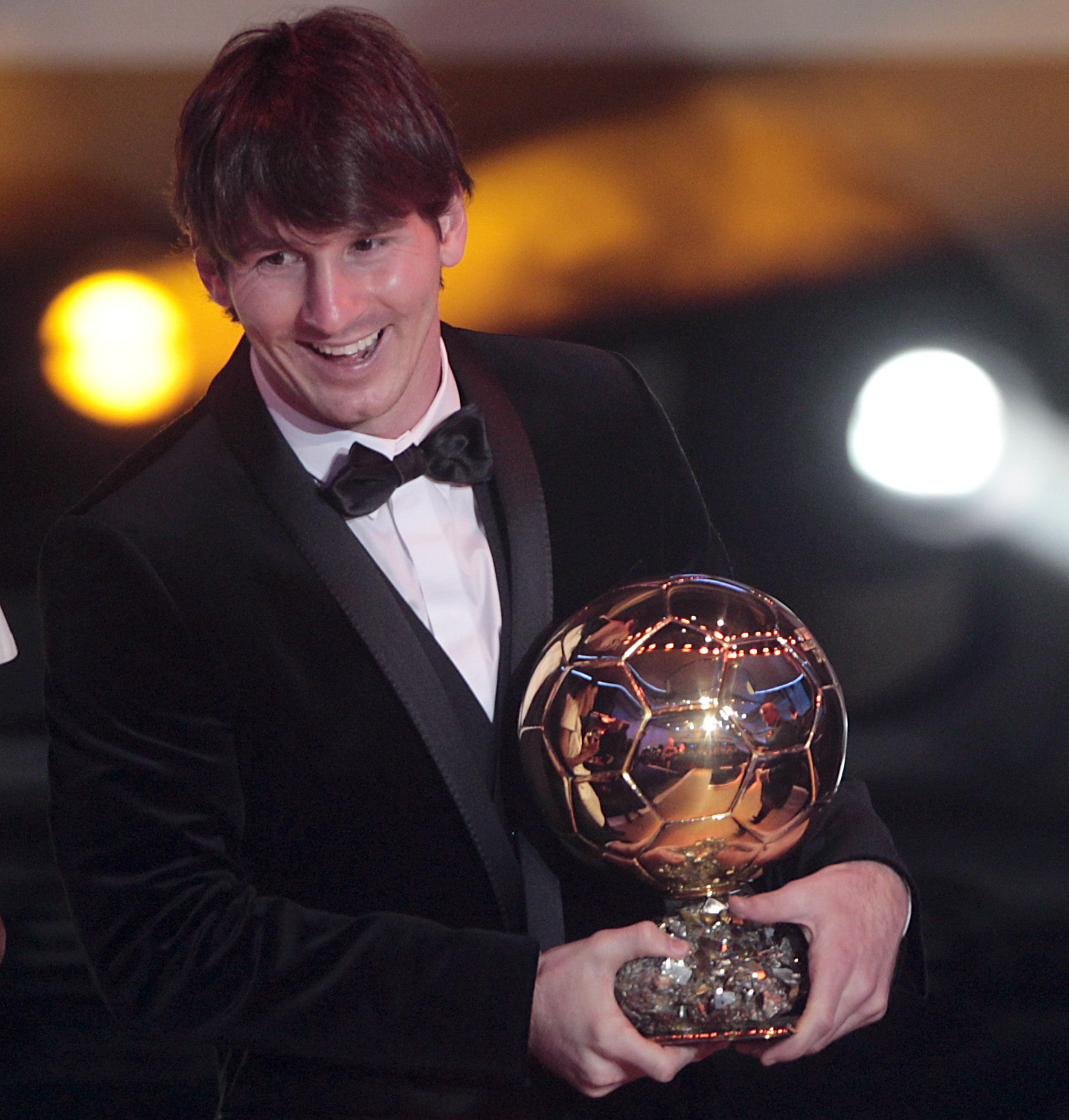The Ballon d'Or Anticipation A Celebration of Football Excellence

The rhythmic pulse of football, a sport that captivates billions, finds a focal point in the Ballon d'Or. This coveted trophy, a golden orb symbolizing individual brilliance, ignites fervent debates and sparks passionate discussions among fans, pundits, and players alike. The question echoing across stadiums and social media whispers of anticipation: When is the next Ballon d'Or?
The allure of the Ballon d'Or lies not only in its tangible form but also in the intangible aura of greatness it represents. It is a testament to dedication, skill, and the relentless pursuit of excellence. The award transcends the boundaries of mere athletic achievement, embodying the hopes and dreams of aspiring footballers worldwide. It’s a beacon illuminating the path to legendary status.
The timing of the Ballon d'Or presentation adds another layer of intrigue. The anticipation, the speculation, the whispered predictions – all contribute to the drama surrounding the event. The date itself becomes a marker in the football calendar, a moment when the world holds its breath to recognize the pinnacle of individual achievement in the beautiful game.
Understanding the timing of the Ballon d'Or ceremony is crucial for appreciating the context within which it occurs. The award, traditionally presented towards the end of the calendar year, reflects the culmination of a season's worth of performances. This timing allows for a comprehensive evaluation of players' contributions, taking into account both domestic and international competitions. It's a moment of reflection, a pause to acknowledge the artistry and athleticism that have graced the pitch throughout the year.
The anticipation surrounding the Ballon d'Or date fuels conversations and debates among football enthusiasts. Speculation runs rife as analysts dissect player performances, weighing goals scored against assists provided, considering individual brilliance alongside team contributions. The build-up to the ceremony creates a sense of collective excitement, uniting fans in their shared passion for the sport and their eagerness to witness history in the making.
The Ballon d'Or was established in 1956 by Gabriel Hanot, editor of France Football magazine. Initially, the award recognized only European players. However, in 1995, the eligibility criteria expanded to include players from any club around the globe. In 2007, the award further evolved, opening the nomination process to all professional footballers worldwide.
The significance of the Ballon d'Or lies in its recognition of individual brilliance within a team sport. It celebrates the unique talents and contributions that elevate a player to the highest echelons of football. Winning the award is a testament to a player's skill, dedication, and impact on the game.
One of the key issues surrounding the Ballon d'Or is the subjectivity inherent in the selection process. While statistical data plays a role, the ultimate decision rests on the votes cast by a panel of journalists. This can lead to debates and disagreements regarding the fairness and objectivity of the outcome.
Typically, the Ballon d'Or ceremony takes place in late November or early December. The exact date is usually announced by France Football a few months prior. Keeping an eye on official announcements from France Football and reputable sports news outlets is the best way to stay informed about the next Ballon d'Or date.
One benefit of the timed nature of the award is that it allows for a comprehensive assessment of player performance across a full season. Another advantage is the excitement and anticipation it generates within the football community. Finally, the Ballon d'Or serves as a historical record, documenting the individual achievements that shape the narrative of the sport.
Advantages and Disadvantages of the Ballon d'Or Timing
| Advantages | Disadvantages |
|---|---|
| Allows for a comprehensive assessment of a full season's performance | Can be influenced by recency bias towards end-of-year performances |
| Generates excitement and anticipation within the football community | Subjectivity in voting can lead to controversies |
Frequently Asked Questions about the Ballon d'Or:
1. Who votes for the Ballon d'Or? A panel of international football journalists.
2. How are the nominees selected? A shortlist is compiled by France Football.
3. What criteria are used for selection? Individual performance, team success, and overall contribution to the game.
4. Can a player win the Ballon d'Or multiple times? Yes, several players have won the award multiple times.
5. When was the first Ballon d'Or awarded? 1956.
6. Who won the first Ballon d'Or? Stanley Matthews.
7. Is the Ballon d'Or only for men's football? No, there is also a Ballon d'Or Féminin for women's football.
8. Where can I find official information about the Ballon d'Or? The France Football website.
The Ballon d'Or, a golden sphere reflecting the dreams of millions, represents the pinnacle of individual achievement in the beautiful game. Its timing, carefully orchestrated to encapsulate a full season's narrative, adds to the award's significance. The anticipation, the speculation, the debates – all contribute to the rich tapestry of football culture. As the next Ballon d'Or approaches, the football world will once again hold its breath, eager to witness the crowning of a new king or queen. This award serves not just as a marker of individual brilliance but also as a testament to the enduring power and beauty of the sport itself. It reminds us that even amidst the collective effort, individual talent can shine brightly, inspiring generations to come. The Ballon d'Or is more than a trophy; it's a symbol of excellence, a beacon of hope, and a testament to the enduring human pursuit of greatness.
Maximize your mercruiser 45l performance the essential fuel filter guide
Parisian football frenzy exploring soccer teams in paris france
Dark sage paint the unexpected hue transforming homes








/cdn.vox-cdn.com/uploads/chorus_image/image/71510035/1243983245.0.jpg)




